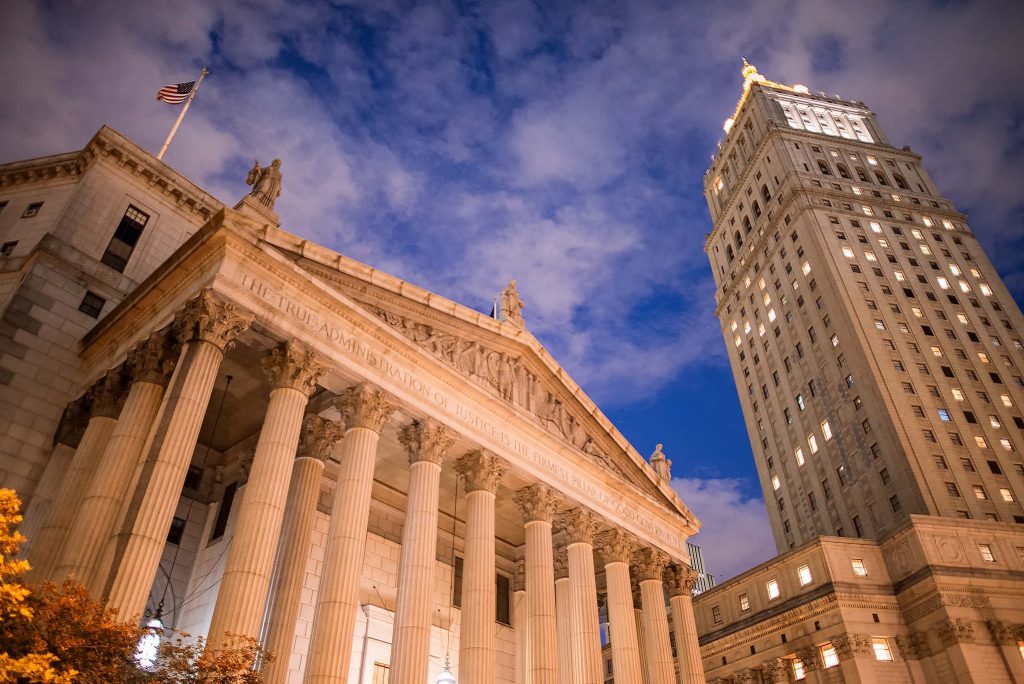Yesterday, Judge Paul Oetken of the Southern District of New York issued a decision striking down key regulatory restrictions on the ability of workers to use their emergency paid leave under the Families First Coronavirus Response Act. The decision comes in response to a lawsuit filed by the New York Attorney General’s office challenging elements of the Department of Labor’s regulations that significantly impair the ability of workers to use their rights. As the New York Attorney General remarked on Twitter of this decision, “This is a major victory for workers across New York and our entire nation.”
Judge Oetken granted summary judgment for the plaintiffs on many, though not all, of their requests. First, the decision struck down the requirement that employees are only eligible for FFCRA leave if their employer has work available for them, a requirement that, as the decision noted, is “hugely consequential” given both widespread shutdowns and broader economic conditions. The judge found that portion of the regulation invalid, due both to its arbitrary inclusion in some but not all purposes for which leave can be taken and due to the “patently deficient” explanation of the need for the provision given by the Department.
Second, the decision invalidated the regulations’ definition of “health care provider.” Congress empowered the Department of Labor to set rules allowing employers to exclude health care providers from coverage. However, the regulations defined “health care provider” so broadly that essentially all people who work in any capacity for doctors’ offices or clinics, pharmacies, nursing facilities, medical labs, medical manufacturers, and companies that contract with health care providers could be excluded from receiving leave. The decision invalidated that definition, calling it “vastly overbroad.”
Third, the decision struck down some, but not all, of the restrictions the regulations placed on workers’ rights to take leave intermittently (in discrete periods over time, rather than all at once). The decision upheld the rule generally limiting access to intermittent leave to only one of the law’s purposes (coronavirus-related loss of childcare). However, under circumstances where intermittent leave is allowed, the court struck down the requirement that employees get their employer’s consent in order to use intermittent leave.
Finally, the Attorney General’s office had challenged the regulatory requirements regarding documentation workers must provide in support of leave. The opinion invalidated those requirements insofar as they require workers to provide documents before taking leave, given that the statute already set specific requirements for when workers must provide notice, but did not comment on the substance of the requirements.
We applaud this decision, a substantial victory for workers that helps to close important gaps in the law. At the same time, more remains to be done to eliminate limitations and loopholes written into the statute itself, which the House-passed HEROES Act would address, and to ensure permanent, comprehensive paid leave for all. We won’t stop fighting until all workers have the paid leave they need to care for themselves and their families when they need it most.





